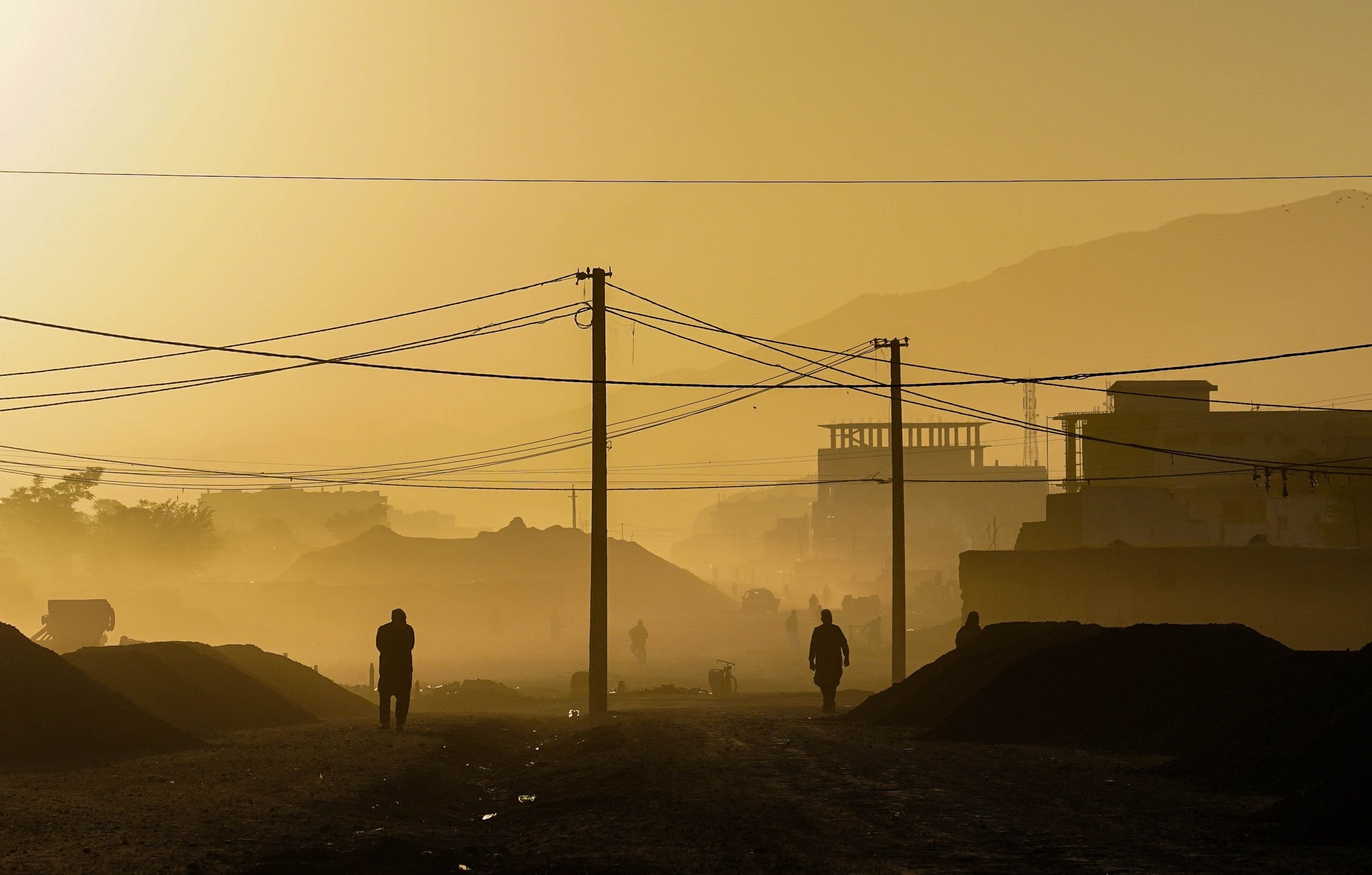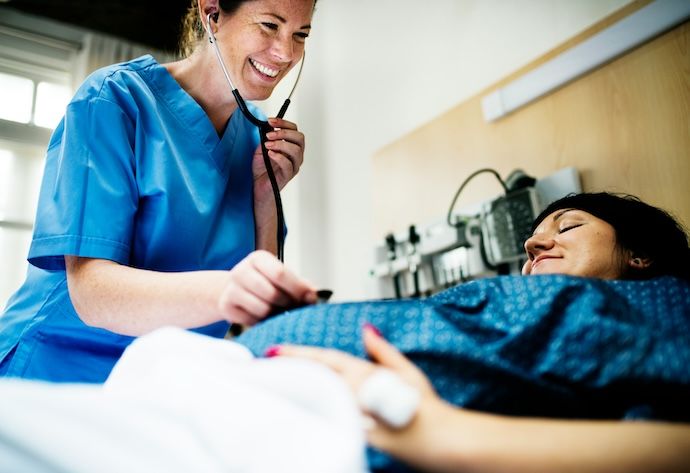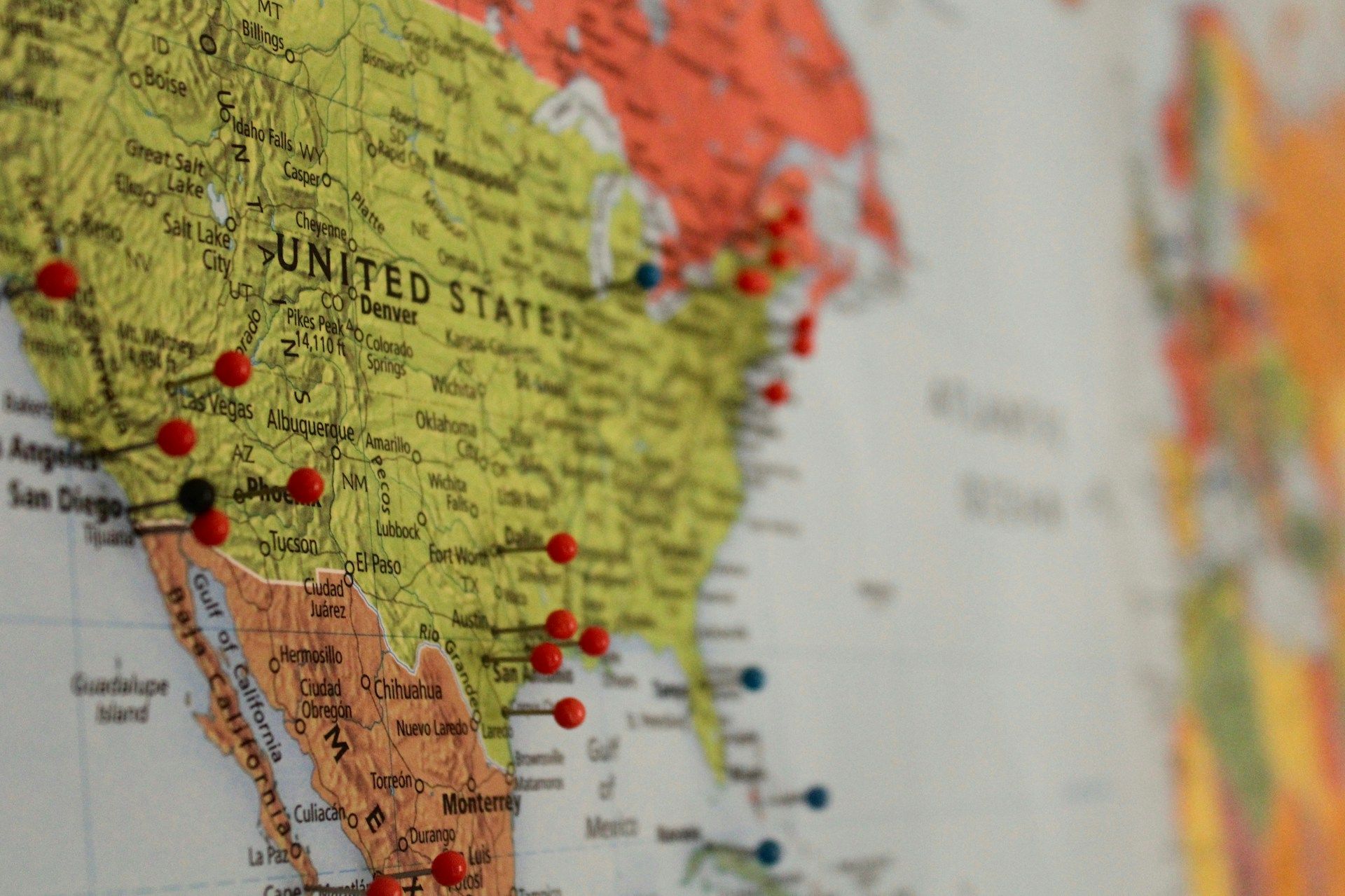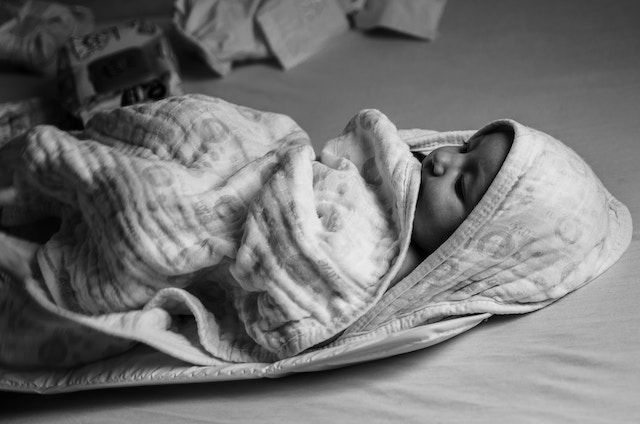I wasn't expecting my first call to be an earthquake!
Midwifery in Afghanistan. New midwife’s first call: Midwife Minaz Bibi accompanied her first birth after training in disaster area.
Minaz Bibi, had just completed a midwifery training program to support a community health center when an unexpected call came in. Ms Bibi, who was expecting to work at a local medical facility, was forced to provide humanitarian aid after the sudden earthquake that struck the Paktika and Khost regions last June.
As a new midwife, Ms. Bibi looked forward to helping the pregnant women in her area deliver babies safely in the delivery room after completing her medical training at a health facility. She did not expect to assist women during birth in a makeshift tent in Gayan district, one of the regions hardest hit by the earthquake.
Midwifery save lives - despite the horror surrounding them
Even weeks after the day of the catastrophe, Mrs. Bibi remembers the first birth, which challenged her as a midwife.
Midwife Bibi accompanied her first birth after her training as a midwife without the help of a mentor in the disaster area. She helped give birth to a woman who was nine months pregnant. The expectant mother was injured in the earthquake, at the same time losing family members and relatives. The woman was in an extremely distressed and anxious state and went into premature labour.

Despite her concerns and initial fears and with the support of another newly trained midwife, Mrs. Bibi did her best that the mother delivered the baby safly.
The mother survived the delivery well. However, she needed support to overcome what happened during the earthquake.
There were many pregnant women in the earthquake region. Many had to watch as their loved ones were found dead in the rubble.
More than a thousand people died in the disaster. About 362,000 people were affected by the earthquake. About 4,500 houses were destroyed. According to UNFPA, 87,000 women are among those affected. Including more than 8,000 pregnant women.
Ms Bibi and the other medical helpers used a makeshift tent to provide health services to mothers. Up to 15 patients visited the facility every day, at that time our emergency shelter was nearby. After work, our accommodation was in the emergency room of the hospital.
Ms. Bibi completed her midwifery training in June through the CME (Community Midwifery Education) which is supported by the UNFPA.
She will join the Family Health House project in Sharana. It is under construction and is expected to be completed in the third quarter of this year.
Referring to her experience helping earthquake victims, she said in latest Interviews that this is a wake-up call to the importance of skilled birth attendant and pre- and post-natal support for women and their babies.
It is so important for women to have a midwife. During the first 10 days of the earthquake at least one new child was born every day at her temporary delivery room.
She also pointed out the importance of psychosocial support services for women in emergencies.
For mothers in such emergencies, it is very important that a midwife is present and that health and psychosocial support services are available. It is an incredible help to have midwives to save mothers and babies.





